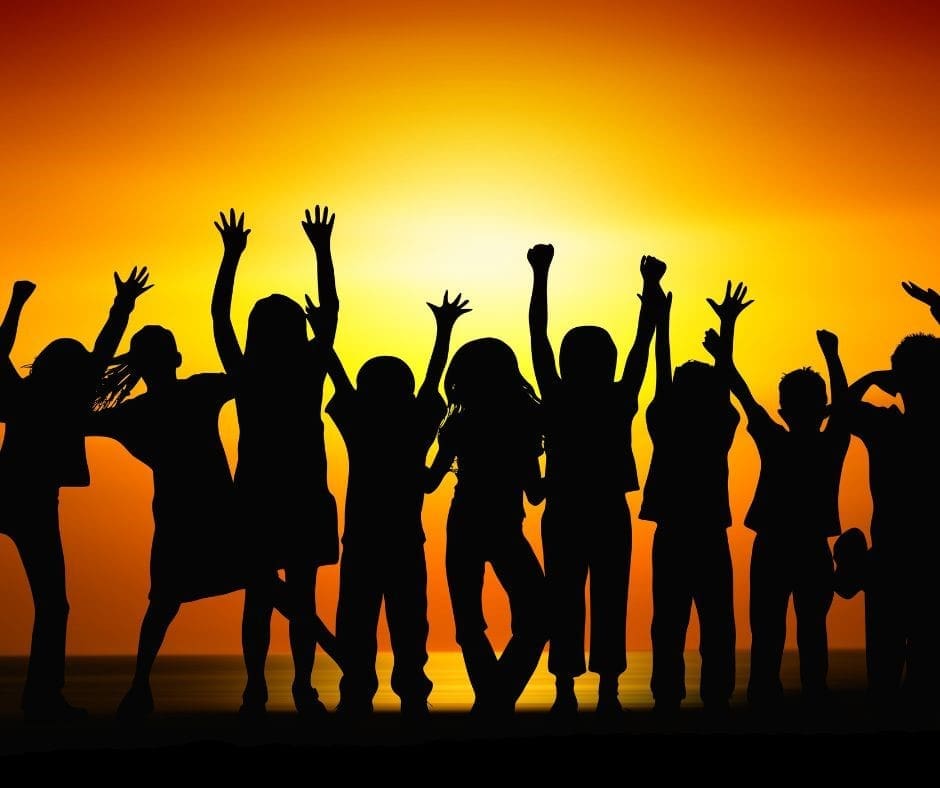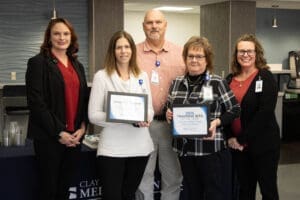By Trish Svoboda
The 2024 Kids Count report, compiled by the Annie E. Casey Foundation and based on the most recent data, ranked Kansas 19th overall on education, economics, health, and family conditions relevant to raising a child. That was a decline from a ranking of 17th in 2023.
The new report showed that between 2021-2022, an estimated 40% of Kansas children encountered adverse childhood experiences that could negatively impact their mental development. In 2022, 5% (38,500) of Kansas children were without health insurance, a slight improvement from 6% in 2019. Kansas improved its national ranking in child health indicators to 19th, up from 22nd last year.
The Casey Foundation reported that in 2022, 69% of Kansas fourth-graders were not proficient in reading, and 77% of eighth-graders were not proficient in math, compared to national averages of 68% and 74%, respectively. The percentage of Kansas children aged 3 to 4 not enrolled in preschool increased to 56% from 2018 to 2022, up from 54% between 2013 and 2017. Kansas saw improvement in high school graduation rates, with 88% of students graduating on time in 2020-21, up from 87% in 2018-19. Still, Kansas’s overall ranking dropped to 28th in the nation, down from 26th the previous year.
The Casey Foundation reported that in 2022, 69% of Kansas fourth-graders were not proficient in reading, and 77% of eighth-graders were not proficient in math, compared to national averages of 68% and 74%, respectively. The percentage of Kansas children aged 3 to 4 not enrolled in preschool increased to 56% from 2018 to 2022, up from 54% between 2013 and 2017. Kansas saw improvement in high school graduation rates, with 88% of students graduating on time in 2020-21, up from 87% in 2018-19. Despite these gains, Kansas’s overall ranking dropped to 28th in the nation, down from 26th the previous year.
In 2022, 14% of Kansas children lived in poverty, up from 13% in 2021 but down from 15% in 2019, compared to the 16% national average. This affected about 90,000 children in households earning $29,600 for a family of four. In addition, 20% of Kansas parents lacked secure employment, better than the 26% national average. The percentage of Kansas teens not in school or working increased to 6% from 5% in 2019, lowering Kansas’ ranking from 11th to 16th. High housing cost burdens grew to 23% from 22%. Kansas dropped from 7th to 12th in economic well-being.
You can find more data and information about Kansas and other states by visiting Kids Count Data Book 2024.













